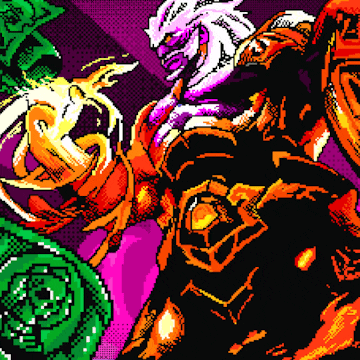Of ninjas and pyjamas: how many more skeletons could be there in the closets across the world of esports?
Robin “Fifflaren” Johannson’s recent appearance on the Richard Lewis Show has resurrected many of the old rumors about the problematic past business practices of Ninjas in Pyjamas, and it seems quite possible that many of these infractions will finally be brought to light. The overall impact of his explosive allegations is still up in the air – at least as far as NiP is concerned – as many of his former teammates and other community members have also spoken up in one way or another, with the promise of more to come. Regardless of how it all pans out in this particular case, it’s worth asking whether all this was the exception or the rule in the infancy period of modern esports, and how likely is it that similarly scandalous stories will follow in the future.
Withholding payments, taking the sticker money, pushing out players from the core team: this is just the beginning of the accusations levelled at NiP by their ex-player, a fateful decision which may very well turn out to be the opening of the floodgates going forward. While it’s certainly a juicy story and it will be very interesting to watch how this will impact this org specifically, there are wider implications to this all than the mere fact that karma is a bitch.
There must have been countless stories buried by the sands of time in the dog-eat-dog world of esports business, many of which we’ll likely never hear of because the employees and the organizations responsible for the trickery simply didn’t quite make it. We’d all like to believe that shady business practices don’t lead to success, and therefore it’s logical to assume that teams and orgs based on bad faith failed before they could have done much harm. Arguably, the NiP story proves that this isn’t necessarily true, even if only a fraction of the accusations would turn out to be accurate.
It’s mind-boggling to consider how much money there is in esports considering how hazy the legislative and business background of it all is. Just look at this episode of Esports Salon – and the entirety of the Tfue saga, for that matter – as an example of the ground we still need to cover from a sustainability standpoint. The environment is still ripe for amoral adventurers in suits, and arguably even more so than it was a few years ago due to the increased investment across the board.
Read more: A GoldeN opportunity for NiP as their roster change is postponed for the major
The NiP-specific part of this tale is just the dessert. The real question is how many more stories like these are out there, and whether people and organizations we currently consider above the fray could one day turn out to be rotten to the core. Endemic orgs are a huge part of what makes esports special, and we’d lose a lot if they’d eventually have to give way to the Barcelonas and PSGs of the world. Whether they can succeed in that will greatly depend on the impact of stories like these on the community and how widespread practices like these were overall. Keep in mind that the Complexity lineup in CS:GO which became Cloud9 left the org over disagreements over the sticker money, something which was explicitly meant for the players by Valve.
Make no mistake, we’re still in the Wild West, even if the Apache tribes are long gone and moustache-twirling oil company CEOs are new villains of the tale. For all the attempts at screwing people out of their money that failed, how many have succeeded? How many of the currently successful endemic organizations were founded on bad faith, how many CEOs have skeletons in their closets? Will we keep hearing of stories like these over the years, and could this possibly have an impact on the scene’s legitimacy in the long run? The answers to these questions will be the ultimate legacy of Fifflaren’s recent actions.





